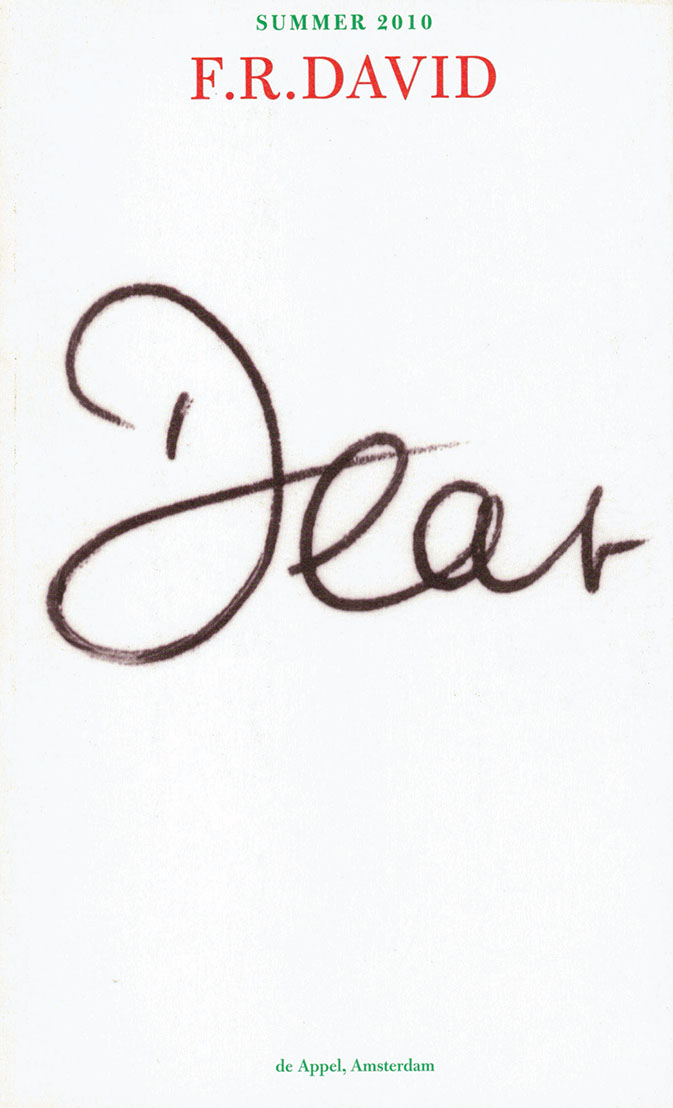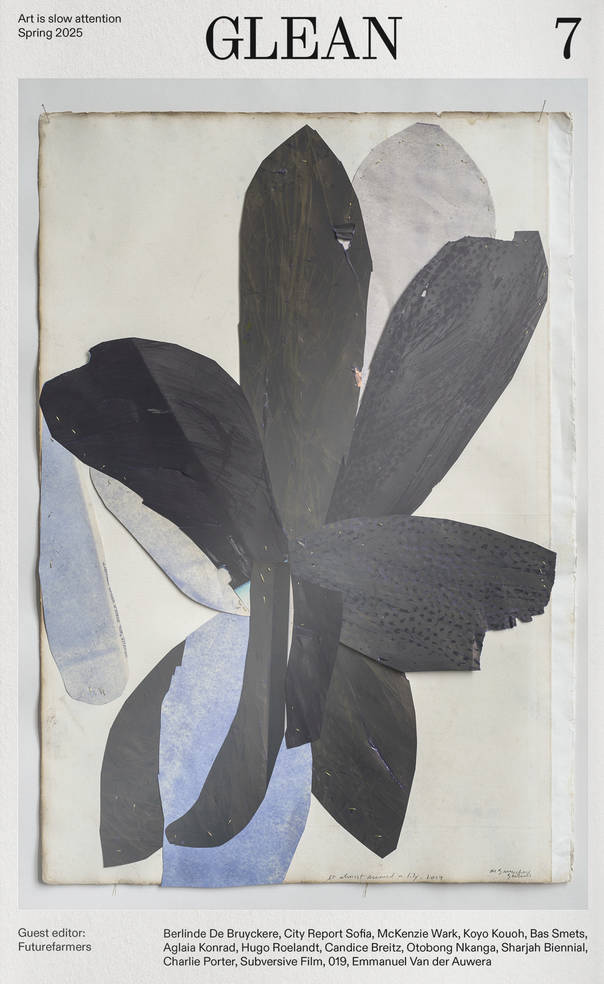
Atlas Menor #1: Sexual Dissidence
Looking at cartographies through sexual dissidence facilitates a process of resignification that speaks in other terms, deals with other territories and breaks away from the hegemonic ideals of cartography. These are maps that do not intend to be utilitarian objects, but rather an exchange of perspectives and experiences around other ways of thinking of and occupying space. Being critical of hegemonic cartography entails questioning the forms of representation that are characterised by fixed categories of analysis. A non-representational cartography is interested in that which is not palpable; the invisible, the affectionate, the performative, the virtual and the fictional. These cartographies are born out of a curiosity to generate other spaces and other norms while creating and looking for other codes and other ways of narrating.
The cartographies by Kyle Lasky, Lucas LaRochelle and nucbeade included here are cemented with collective memory, personal experiences, intertwined desires, and fictionalised accounts. They refer to the different ways of living and inhabiting space through testimonies, photographs or other records that tell stories; stories that speak from memory, intimacy, fiction, places of resistance and vulnerability.
Language: English

![Cover of OEI #94-95 Geografier [Geographies]](https://rile.space/storage/1488/0216_Scan2022-04-15_140650_004.jpg)


